2023
I recently had the opportunity to attend the Asia/Pacific IB Global Conference in Adelaide, Australia. The conference was truly inspiring, and I am grateful for the support of Dr. Pang, Mme. Du and the Administration at CISH for making it possible. Among the many sessions I attended, one of the most profound was led by Mr. Josh Blue, the Principal at Japanese International School, HKSAR, on The Materials of Storytelling: Invitations of agency, self and identity for all learners. Mr. Blue"s insights on how storytelling can help young learners develop a strong sense of self and identity were particularly impactful, and I am excited to implement some of his ideas in my own work with students.
As the PYP Coordinator of Early Years, it is my responsibility to ensure that all learners are given the tools and resources they need to develop a strong sense of self and identity. This is essential to the success of the Primary Years Programme (PYP), which places great emphasis on the development of the whole child.
 (相关资料图)
(相关资料图)
One way we achieve this is through the use of storytelling materials. Storytelling is a powerful tool that allows children to explore their own identities, experiences, and beliefs, while also developing important language and social skills.
In order to facilitate this process, we encourage our students to explore a wide range of materials and resources, including picture books, abstract materials, and loose parts. By providing a diverse array of storytelling materials, we are able to tap into the unique experiences and backgrounds of each individual child.
One of the most important concepts we explore in our storytelling materials is translanguaging. Language is not simply about grammar and syntax, but rather about the way we express ourselves and our identity. By exploring the unique idiolect of each child, we are able to create an inclusive and welcoming environment that celebrates diversity.
We use a variety of picture books to help children explore abstract concepts and create their own stories. For example, books like "Du Iz Tak" and "Not a Stick" allow children to explore the symbolic language of play, while books like "This is Our House" and "Roxaboxen" help build community and inclusivity.
Other resources we use include loose parts, which allow children to create their own stories using a wide range of materials, and wordless books like "Tuesday" and "The Jacket," which invite children to use their own imaginations to create a narrative.
Ultimately, the materials of storytelling are essential to the success of the PYP, as they provide children with the tools and resources they need to explore their own identities, develop language and social skills, and build a strong sense of community and inclusivity. By embracing the diverse experiences and backgrounds of each child, we are able to create an environment that fosters curiosity, creativity, and lifelong learning.
- PYPCoordinator of Early Years- Angela Lee
感谢在Francis Pang董事长和Du Juan女士的大力帮助下,我很荣幸能有机会去参加在澳大利亚阿德莱德举行的亚太地区IB全球会议。会议进行得很顺利,也受益匪浅。在我出席的众多会议中,印象最深的是香港特别行政区日本国际学校校长Josh Blue的发言。演讲主题是如何帮助学生培养积极性、自我意识和人格。我很期待在接下来的授课中采用他的方法和意见。
作为幼儿园的协调员,我的职责是确保每位学习者能够得到必要的工具和资源,以发展他们的自我意识和身份感。这对小学课程中重视孩子的全面发展这个部分是至关重要的。
实现这一目标其中的一个方法是使用不同讲故事的材料和方式。讲故事是一个强大的工具,可以让孩子探索自己的身份、经历和信仰,同时还能培养重要的语言和社交技能。
为了促进这一过程,我们鼓励学生探索广泛的材料和资源,包括图画书、抽象材料以及零散的素材。透过丰富多彩的故事材料,我们可以挖掘出每位学生独一无二的经验和背景。
讲故事的形式中最重要的就是语言转换。语言不仅有语法,句法,更多的是表达自己和自我身份的方式。通过了解每位孩子的特性,我们能为孩子创造一个包容和热情的环境。
我们使用各种图画书来帮助孩子们探索抽象概念并创造他们自己的故事。例如,“Du Iz Tak”和“Not a Stick”等书籍让孩子们探索游戏的象征性语言,而“This is Our House”和“Roxaboxen”等书籍有助于建立社区和包容性。
我们所利用的其它资料,还包含了为儿童提供了多种素材创造他们自己故事的章节,以及像《Tuesday》、《The Jacket》这样的无字书,这些书鼓励儿童运用他们的想像力去创造他们的故事。
说到底,为儿童提供必要的工具和资源,使他们能够发现自身的特性,发展语言和社会技巧,并培养他们的社会责任感和包容性,从而使他们能够融入社会。透过接纳每一个不同的儿童,我们可以为他们营造一个充满求知欲,创造力,以及终身学习的氛围。
- CISH 幼儿园协调员 - Angela Lee
关键词:



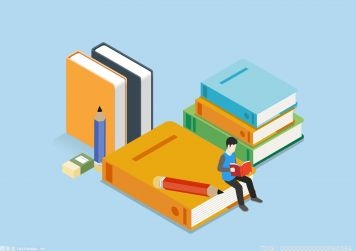


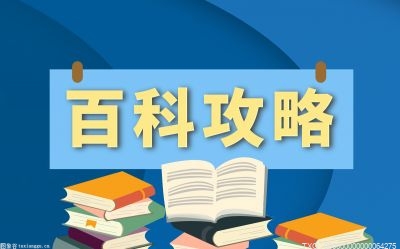


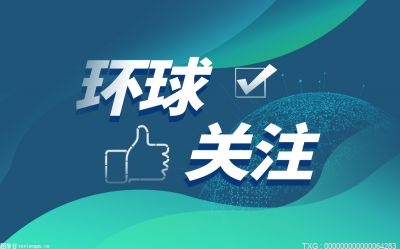




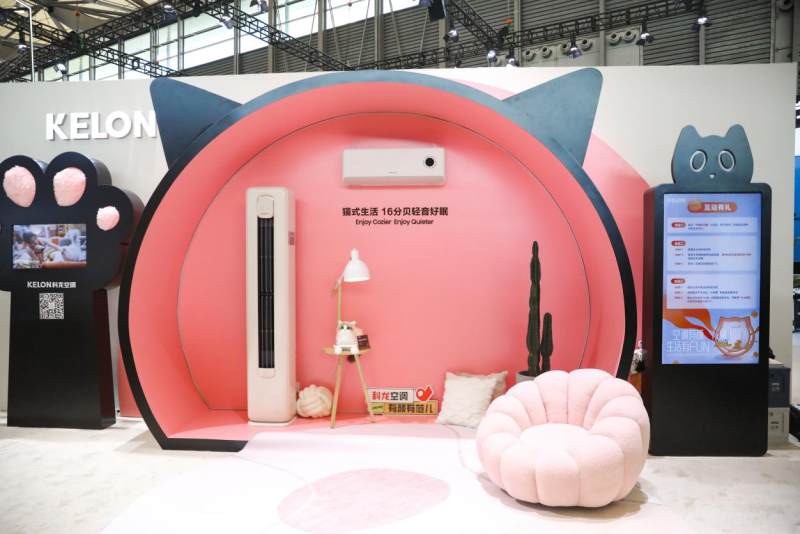
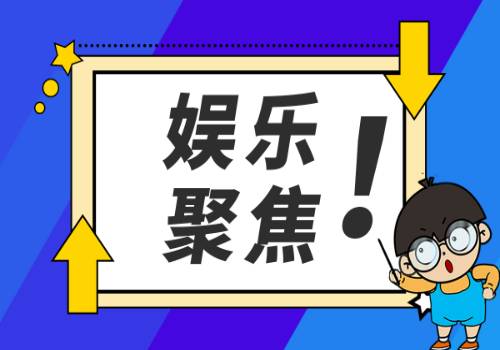


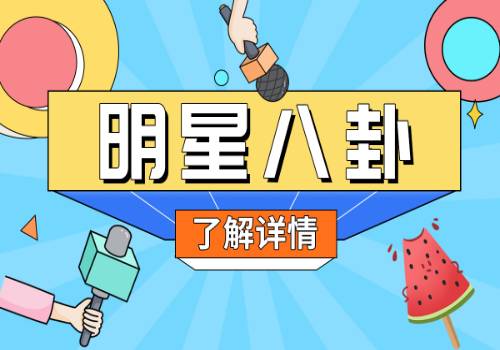
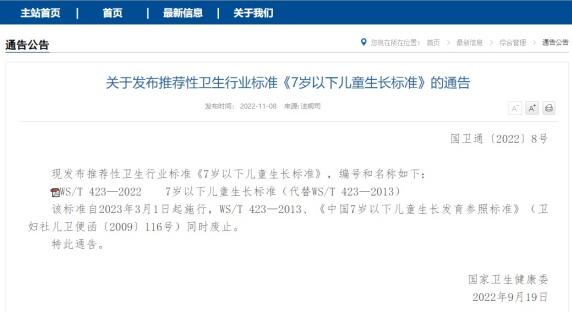
 营业执照公示信息
营业执照公示信息